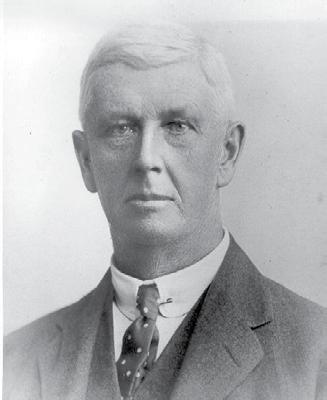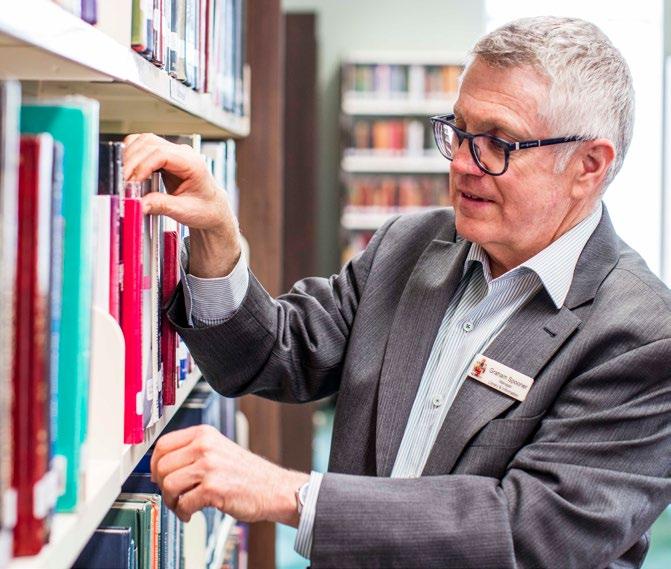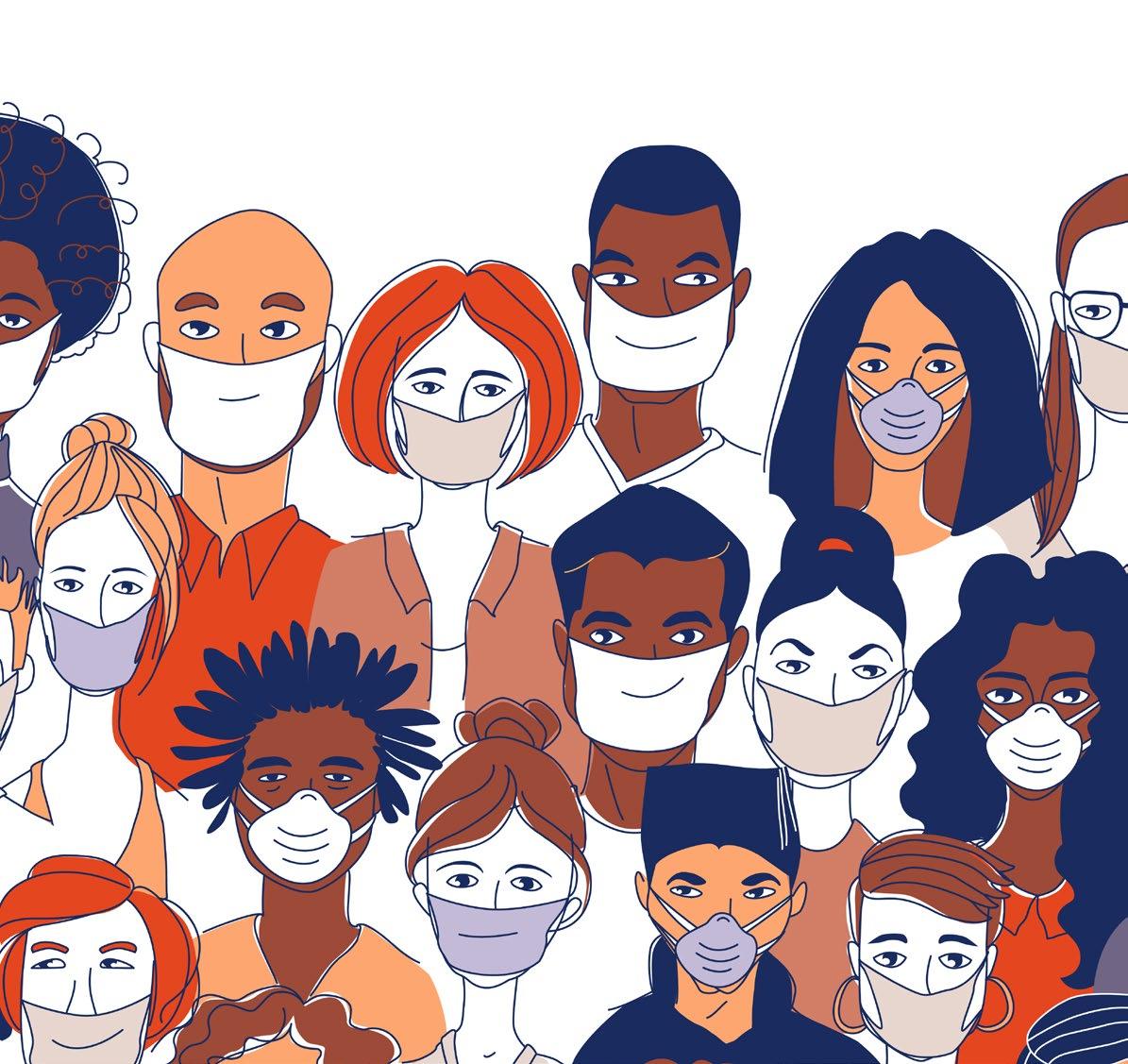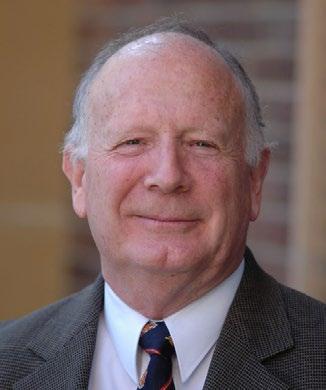
4 minute read
Thriving in the regions
The COVID-19 pandemic has disrupted everybody’s lives, causing immeasurable loss of human life and devastating many livelihoods.
The pandemic has been a great equaliser for those in the rural, regional and remote locations. Geographic proximity is no longer a barrier to participating in meetings, conferences, webinars, training and networking events. Greater adoption of technology has been a valuable tool for inclusion.
Advertisement
As a result, working and living in rural and regional areas has become a more attractive prospect for many people, including doctors. Early indications suggest there will be an influx of new residents to these areas as a long-term result of the pandemic.1 The idyllic lifestyle in a vast and natural setting can be combined with working in close-knit communities, while seeing a varied case mix of patients with a high degree of autonomy. Many find it rewarding to contribute to better equity in access to healthcare.2, 3
It is important to retain our surgical colleagues in the rural and regional areas. Sustaining wellness is key to recruiting and retaining a thriving and viable surgical workforce. Longer working hours and onerous on-call requirements have been highlighted as major factors for distress experienced by our rural medical colleagues.2,4 Receiving adequate workplace support is vital to maintaining wellbeing. Supportive professional networks, adequate resources and infrastructure, as well as links with larger centres will boost the successful retention of rural practitioners.5 These factors feature prominently in the Rural Surgery Section’s ‘Retain for Rural’ strategic paper as we advocate for more equitable access to surgical services for these underserved communities.
The local healthcare system must be structured to ensure that practising surgeons work and thrive in safe and supportive environments. We encourage the formalisation of networks between metropolitan and rural hospitals to allow for the sharing of staff, peer support, on-call rostering and increasing opportunities for continuing professional development (CPD). This is recognised in the Royal Australasian College of Surgeons’ (RACS) Safe Working Hours position paper.6
Rural-focused urban specialists (RuFUS) can play a pivotal role by providing clinical leadership to rural centres. This can include telehealth, outreach, mentoring and coaching local surgical teams, and coordinating dual metropolitan/rural appointments, transfer protocols and pathways. Rural surgeons often face financial barriers to access professional development opportunities. To reduce these barriers, the Rural Surgery Fellowships for Provincial Surgeons is a travelling grant offered to Fellows in rural, regional and remote settings to undertake CPD away from their practice.7 The Australian Department of Health also offers a similar funding initiative. The Support for Rural Specialists in Australia (SRSA) program aims to provide rural and remote specialists with professional connection and CPD that’s not directly available in their local area.8 can be different to those experienced in an urban setting. The negative impacts from climate change and natural disasters, such as bushfires, can take a major toll psychologically and physically. We strongly encourage Fellows, Trainees and Specialist International Medical Graduates to contact the RACS Support Program, which is provided in partnership with Converge International. Practitioners in the rural and remote areas can also make use of the confidential Bush Support Services telephone service. Finally, we encourage you to contact the RACS Rural Surgery Section to let us know about your local challenges or successes in your area. This will allow us to advocate and help where possible or share successes for the benefit of all.
Dr Bridget Clancy FRACS Chair Rural Surgery Section
Resources and contact information - RACS Support Program in partnership with Converge International can be accessed here or telephone 1300 687 327 in Australia or 0800 666 367 in New
Zealand - Bush Support Services: Toll-free telephone 1800 805 391, 24 hours a day - Email the RACS Rural Surgery Section: rural@surgeons.org
REFERENCES
1. Real Estate Institute of New South Wales. Sydney’s vacancy rate soars as tenants continue exodus from inner city. [Internet] 2020. From: https://www.reinsw.com.au/Web/Posts/Media_Releases/2020/Sydneys_vacancy_rate_soars_as_tenants_continue_exodus_from_inner_city.aspx. Accessed 11 October 2020. 2. O’Sullivan B, McGrail M, Russell D. Rural specialists: The nature of their work and professional satisfaction by geographical location of work. Aust J Rural Health. 2017;1,25(6):338–46. https://doi. org/10.1111/ajr.12354. Accessed 11 October 2020. 3. May JA. Monash University. Rural and urban? an exploration of medical workforce issues in regional centres of Australia [Internet].2017. From: https://bridges.monash.edu/articles/thesis/ Rural_and_urban_an_exploration_of_medical_workforce_issues_in_re- gional_centres_of_Australia/4705174/1. Accessed 11 October 2020. 4. beyondblue. National Mental Health Survey of Doctors and Medical Students, 2013. From: https://www.beyondblue. org.au/media/ media-releases/media-releases/action-to-improve- the-mental-health-of-australian-doctors-and-medical-students. Accessed 11 October 2020. 5. Kumar S, Clancy B. Retention of physicians and surgeons in rural areas—what works? J Public Health, 2020. From: https://doi. org/10.1093/pubmed/fdaa031. Accessed 11 October 2020. 6. Royal Australasian College of Surgeons. Royal Australasian College of Surgeons Guide for Safe Working Hours and Conditions, 2018. From: https://www.surgeons.org/about-racs/ position-papers. Accessed 11 October 2020. 7. Royal Australasian College of Surgeons. Rural Surgery Fellowship for Provincial Surgeons [Internet]. From: https://www. surgeons.org/ Resources/member-benefits-services/scholarships- grants-awardslectures-and-prizes/all-racs-scholarships-and- grants/rural-surgery-fellowship-for-provincial-surgeons. Accessed 11 October 2020. 8. Support for Rural Specialists in Australia. About the SRSA Program [Internet]. Available from: https://ruralspecialist.org.au/about/. Accessed 11 October 2020.










